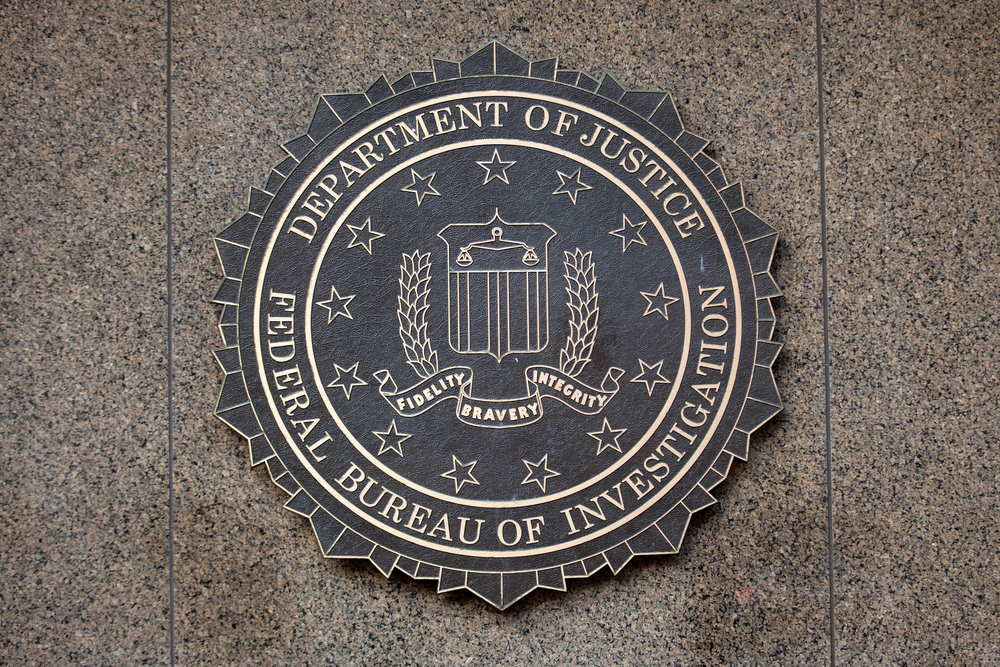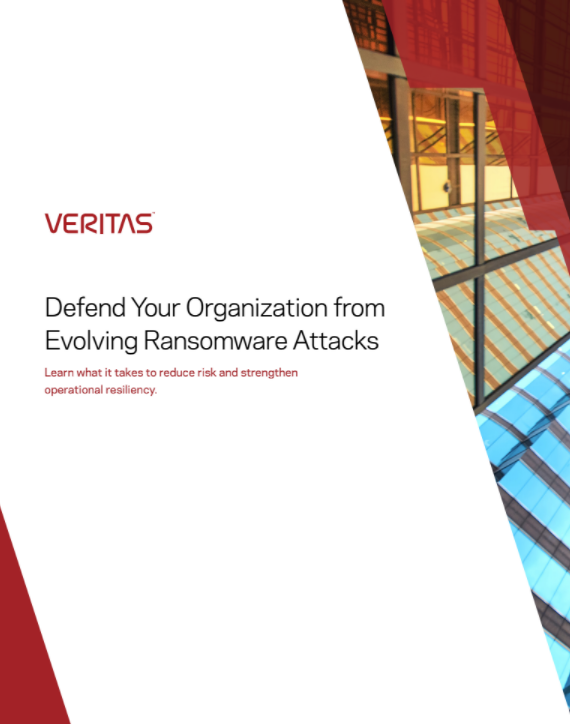FBI still frowns on ransomware payments
Even though major companies are paying millions in ransom, the FBI’s policy hasn’t changed

Sign up today and you will receive a free copy of our Future Focus 2025 report - the leading guidance on AI, cybersecurity and other IT challenges as per 700+ senior executives
You are now subscribed
Your newsletter sign-up was successful
In just the past month, major companies have made multimillion-dollar payments to ransomware hackers to get their systems back online. But even so, the FBI still discourages ransomware victims from paying up.
"It is our policy, it is our guidance, from the FBI, that companies should not pay the ransom for a number of reasons," FBI director Christopher Wray testified Thursday before the House Judiciary Committee.
For one thing, the FBI believes paying these ransoms only encourages more cyber attacks. For another thing, companies or governments that pay millions to hackers still might not get their data back, "and that's not unknown to happen," Wray said.
Ransomware is one of the biggest cyber security threats facing businesses today. It's a type of malware that attackers can use to lock a device or encrypt its contents so they can extort money from the owner or operator.
Given its potential to deliver a high return on investment and the relative ease at which it can spread, this type of attack has become extremely popular among cyber criminals.
Just recently, two major ransomware cases have illustrated the dangers:
On Wednesday, JBS Foods, the world's largest meat processor, confirmed it paid an $11 million ransom to hackers who compromised its IT systems late last month. The company, which produces close to a quarter of the US' beef, fell victim to a ransomware attack on May 30. The firm was forced to suspend all affected systems and, in some areas, shut down production for 24 hours.
Sign up today and you will receive a free copy of our Future Focus 2025 report - the leading guidance on AI, cybersecurity and other IT challenges as per 700+ senior executives
Last month, Colonial Pipeline, which transports nearly half the fuel consumed on the East Coast, confirmed the company paid $4.4 million to cyber criminals who launched a ransomware attack against it earlier in the month.
The Department of Justice ended up recovering $2.3 million of that ransomware payment by tracking Bitcoin transfers.
FBI Director Wray told Congress on Thursday that, in addition to helping companies that way, the FBI has sometimes obtained hackers' encryption keys and unlocked the seized data without paying a dime.
RELATED RESOURCE

Defend your organisation from evolving ransomware attacks
Learn what it takes to reduce risk and strengthen operational resiliency
"There are a whole bunch of things we can do to prevent this activity from occurring, whether they pay the ransom or not, if they communicate and coordinate and work closely with law enforcement right out of the gate," he said. "That's I think the most important part."
Last week, the Justice Department announced it was elevating ransomware investigations to a similar status as terrorism. Internal guidance sent to US attorney's offices across the country said ransomware investigations in the field should be centrally coordinated with a new task force in Washington, DC.
-
 Anthropic promises ‘Opus-level’ reasoning with new Claude Sonnet 4.6 model
Anthropic promises ‘Opus-level’ reasoning with new Claude Sonnet 4.6 modelNews The latest addition to the Claude family is explicitly intended to power AI agents, with pricing and capabilities designed to attract enterprise attention
-
 Researchers call on password managers to beef up defenses
Researchers call on password managers to beef up defensesNews Analysts at ETH Zurich called for cryptographic standard improvements after a host of password managers were found lacking
-
 Ransomware gangs are using employee monitoring software as a springboard for cyber attacks
Ransomware gangs are using employee monitoring software as a springboard for cyber attacksNews Two attempted attacks aimed to exploit Net Monitor for Employees Professional and SimpleHelp
-
 Ransomware gangs are sharing virtual machines to wage cyber attacks on the cheap – but it could be their undoing
Ransomware gangs are sharing virtual machines to wage cyber attacks on the cheap – but it could be their undoingNews Thousands of attacker servers all had the same autogenerated Windows hostnames, according to Sophos
-
 Google issues warning over ShinyHunters-branded vishing campaigns
Google issues warning over ShinyHunters-branded vishing campaignsNews Related groups are stealing data through voice phishing and fake credential harvesting websites
-
 The FBI has seized the RAMP hacking forum, but will the takedown stick? History tells us otherwise
The FBI has seized the RAMP hacking forum, but will the takedown stick? History tells us otherwiseNews Billing itself as the “only place ransomware allowed", RAMP catered mainly for Russian-speaking cyber criminals
-
 Everything we know so far about the Nike data breach
Everything we know so far about the Nike data breachNews Hackers behind the WorldLeaks ransomware group claim to have accessed sensitive corporate data
-
 There’s a dangerous new ransomware variant on the block – and cyber experts warn it’s flying under the radar
There’s a dangerous new ransomware variant on the block – and cyber experts warn it’s flying under the radarNews The new DeadLock ransomware family is taking off in the wild, researchers warn
-
 Hacker offering US engineering firm data online after alleged breach
Hacker offering US engineering firm data online after alleged breachNews Data relating to Tampa Electric Company, Duke Energy Florida, and American Electric Power was allegedly stolen
-
 Cybersecurity experts face 20 years in prison following ransomware campaign
Cybersecurity experts face 20 years in prison following ransomware campaignTwo men used their tech expertise to carry out ALPHV BlackCat ransomware attacks